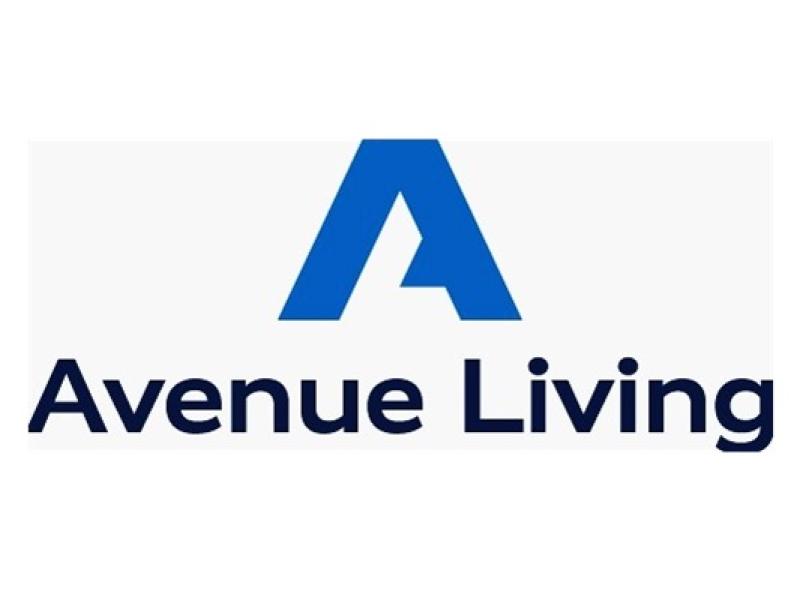
Real Property Association of Canada (REALPAC) board and staff members, along with Real Estate Equity Securitization Alliance (REESA) members, opened the Toronto Stock Exchange (TSX) on March 29 to mark the 30-year anniversary of real estate investment trusts in Canada.
The date didn’t mark the exact anniversary of the launch, according to REALPAC CEO Michael Brooks, but RioCan REIT and Canadian Real Estate Investment Trust (CREIT) were the first two REITs to start doing business in Canada in the first quarter of 1993. CREIT merged with Choice Properties in May 2018.
Commercial real estate transactions had slowed considerably and redemption requests for real estate mutual funds couldn’t be filled because no cash was being generated from building sales during the depths of the early 1990s recession in Canada, Brooks told RENX.
“So all of these real estate mutual funds were frozen, and they petitioned the federal government to make a little tweak to the Income Tax Act to allow mutual fund trusts to be publicly traded. And that was really the accidental genesis of the REIT industry in Canada, compared to the U.S. or Australia, where there were purpose-built statutes to govern the vehicle.”
REITs have average annual return of 9.7 per cent
The TSX REIT Index dates back to 1997 and, since then, Canadian REITs have generated an average annual return of 9.7 per cent. The TSX Composite Index delivered a seven per cent average annual return during that time.
There are 38 Canadian REITs listed by REIT Report and Brooks said their market caps total approximately $77 billion. They have an average debt-to-gross-book-value ratio of about 45 per cent.
“This has been a pretty terrific asset class with no bankruptcies and no crash and burn,” Brooks said.
“REITs allow retail investors like you and I to own a piece of big-ticket real estate on the same tax-efficient basis that wealthy people can own big-ticket real estate. That's still the drill. They’re still an income vehicle, though not so much a growth vehicle because of the obligation to pay out all of your taxable income.
“So for those looking for steady income, particularly people who are retired, they’re a pretty good deal. You get a bit of growth, you get cash flow, you get low debt and low leverage, you get professional management, and you get diversified portfolios of big-ticket real estate.
“And generally, real estate doesn't move the same way as stocks and bonds do so, as a third asset class, it’s a good hedge against stock market volatility.”
Recent Canadian REIT performance
Many Canadian REITs have been trading substantially below net asset value since the onset of the pandemic in early 2020 as people started selling off units — particularly for retail-heavy trusts — because they feared a drop in income. Last year’s interest rate spikes also hurt the sector as investors turned to safer vehicles such as GICs.
“The debate was, 'are they really trading below net asset values or have the asset values dropped and the public markets just recognized that first,' ” Brooks said. “And there's a lot of truth to that because we are seeing write-downs in terms of the non-listed pension funds and fund managers writing down certain assets because those assets are worth less.”
Brooks believes now is a good time to invest in REITs because he thinks unit prices are poised to rebound, particularly those with heavy weightings in multifamily and industrial portfolios.
“I think as the stock markets rebound, they will have more capital to invest,” Brooks said. “A lot of the REITs are building now and they have development pipelines because they want newer assets, so I can see them taking advantage of that and going into a growth space.”
REITs around the world
March 29 was a convenient choice to mark the Canadian anniversary, since REESA members were in Toronto that day for a semi-annual meeting hosted by REALPAC.
REESA was formed in 2006 by REALPAC and several other real property associations in an effort to lobby international bodies, level the playing field for real estate securitization and investment throughout the world on a consistent basis, and pave the way for standardizing global real estate accounting.
The scope for co-operation has grown and the mandate is expanding as REESA members find more shared goals and issues.
There are now REITs in 42 countries and REESA members include REALPAC, the Property Council of Australia, the Asia Pacific Real Estate Association, the Association for Real Estate Securitization, the British Property Federation, the European Public Real Estate Association and the National Association of Real Estate Investment Trusts.
“We're very much focused on China and India as emerging markets,” Brooks said. “There are already REITs in Hong Kong, but we're talking about mainland China, which has so much real estate, and in India where they already have REITs, but they're mostly infrastructure REITs.
“So how do we give a tailwind to those big economies to grow the REIT vehicle? And then in those 42 countries where they exist, how do we deepen those markets so they have more REITs with more asset classes and more choice? That's the overall focus for the group.”
About REALPAC
REALPAC was founded in 1970 and is the national leadership association dedicated to advancing Canada’s real property sector.
Its 135-plus member companies include publicly traded real estate companies, real estate investment trusts, pension funds, private companies, fund managers, asset managers, developers, government real estate agencies, lenders, banks, life insurance companies, investment dealers, brokerages, consultants, data providers, large general contractors and international members.
REALPAC members have $1 trillion in assets under management and represent office, retail, industrial, apartment, hotel and seniors residential properties across Canada.










